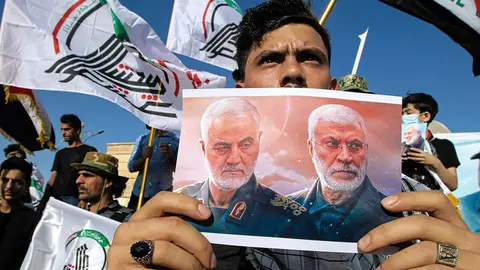China consolidates its position as Iran's ideal partner for modernising its military arsenal
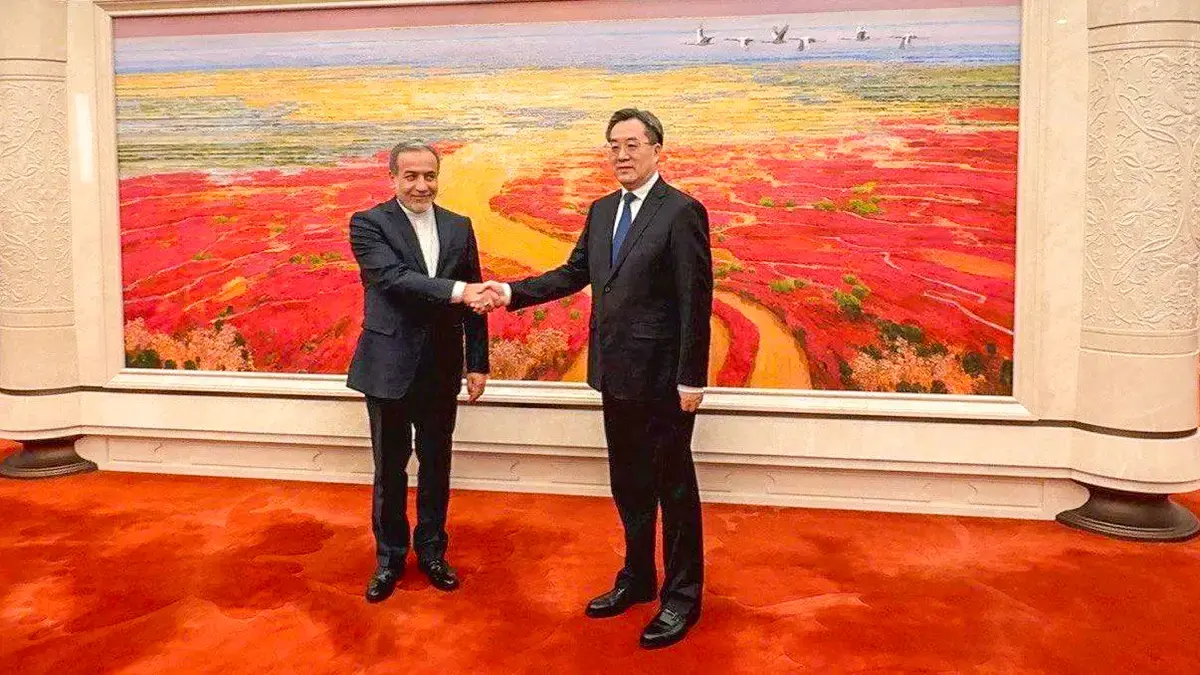
Iran finds itself caught between its ambitions for military modernisation and a political reality that does not provide it with the necessary tools, despite its attempts to develop its military and nuclear capabilities.
In this context, with Russia increasingly distancing itself from its support for the Iranian regime, China has positioned itself as an ideal partner for Iran, given that it has always been open to collaborating with the Islamic Republic.
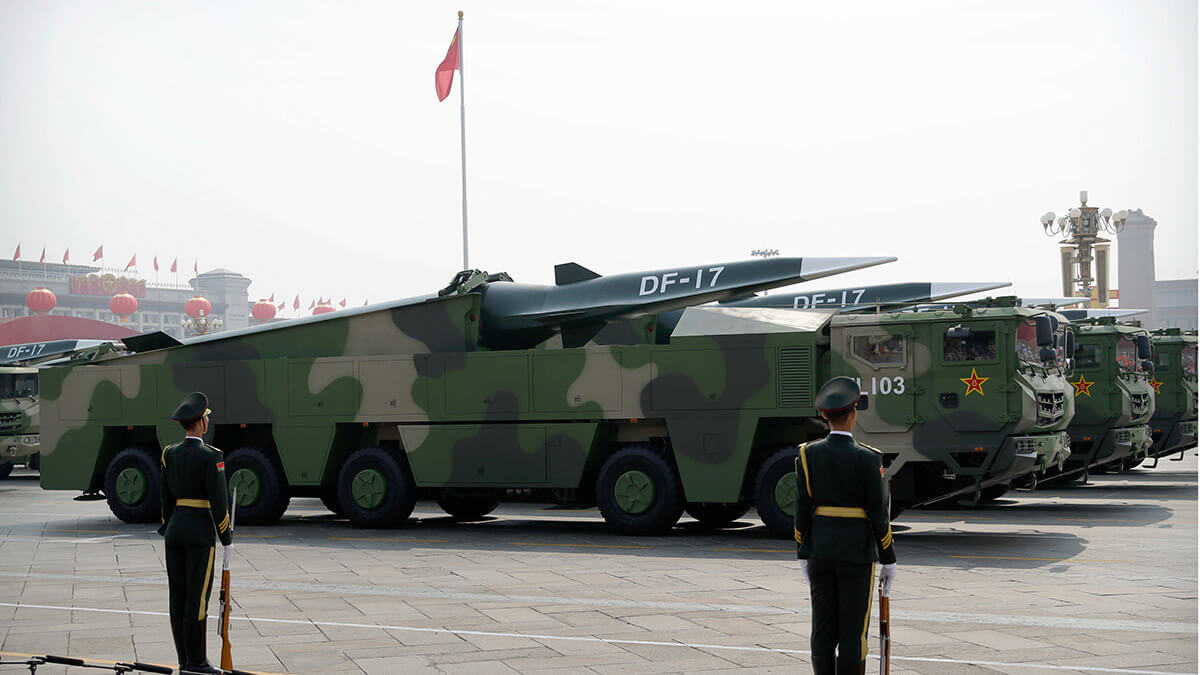
The first talks began last week with the visit of Iranian Foreign Minister Abbas Araghchi to Shanghai to meet with his Chinese counterpart, Wang Yi, where they considered increasing opportunities for bilateral cooperation and collaboration, especially Tehran's need to purchase Chinese fighter jets to strengthen its air force.
According to sources present at the meeting, the weakness shown by Iran's missile defence systems following the Israeli attacks has been the turning point for the Iranian regime to seek new military allies. However, international experts have pointed out that China's support is contingent on Iran's actions, as China's doctrine of non-interference in foreign armed conflicts is a red line that Beijing is not willing to cross.
Although this principle does not prevent China from seeking to strengthen its strategic ties with Iran from a more economic and technological perspective, including the transfer of dual-use military technologies and technical training for Iranian personnel.
According to various reports, some of the purchases that Iran would be willing to make include Chengdu J-10C fighter jets, advanced radar systems and electronic warfare technology, which would allow Tehran to upgrade an arsenal considered obsolete in the face of Israeli capabilities.
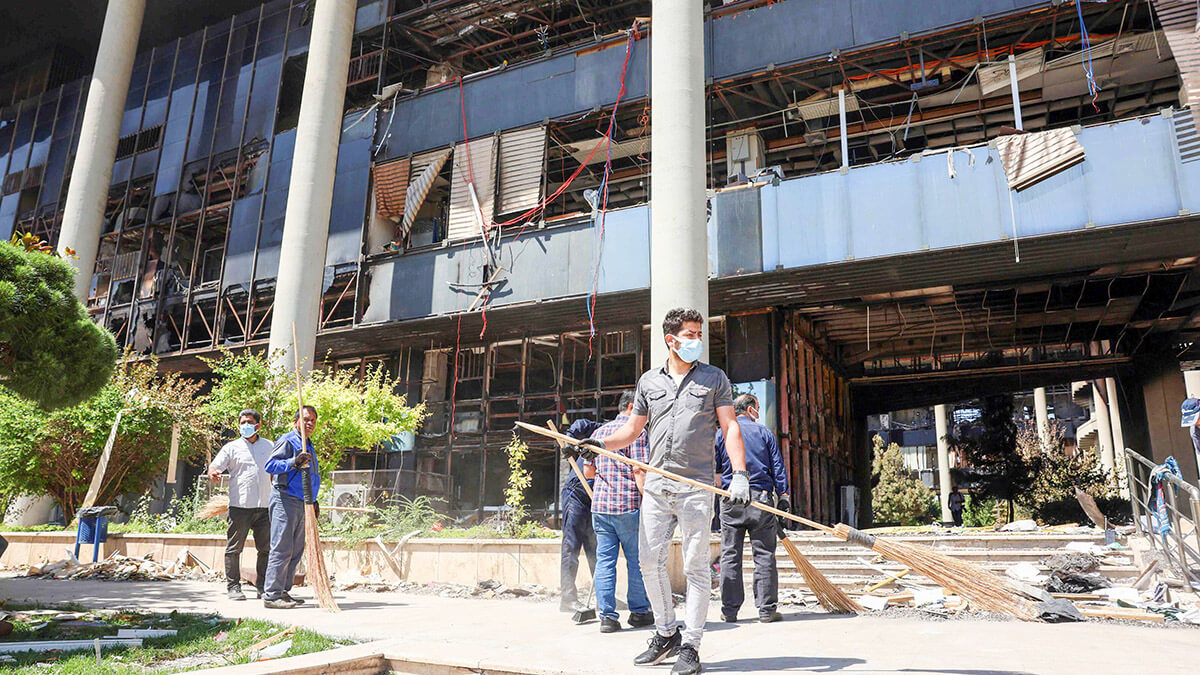
In exchange, China would secure privileged access to Iranian oil on advantageous terms, as it does with Russian oil, and increase its influence in a region that is key to its ambitious Belt and Road project. In addition, Donald Trump's recent threat to impose 100% tariffs on partners importing Russian hydrocarbons would make it easier for China and Iran to finally reach a trade agreement.
This is why Tehran sees this cooperation not only as a way to balance pressure from Europe and the United States, but also as an opportunity to reduce its dependence on Russian suppliers, whose commitments have weakened since the outbreak of the war in Ukraine, as Moscow needs its entire arsenal for that conflict.
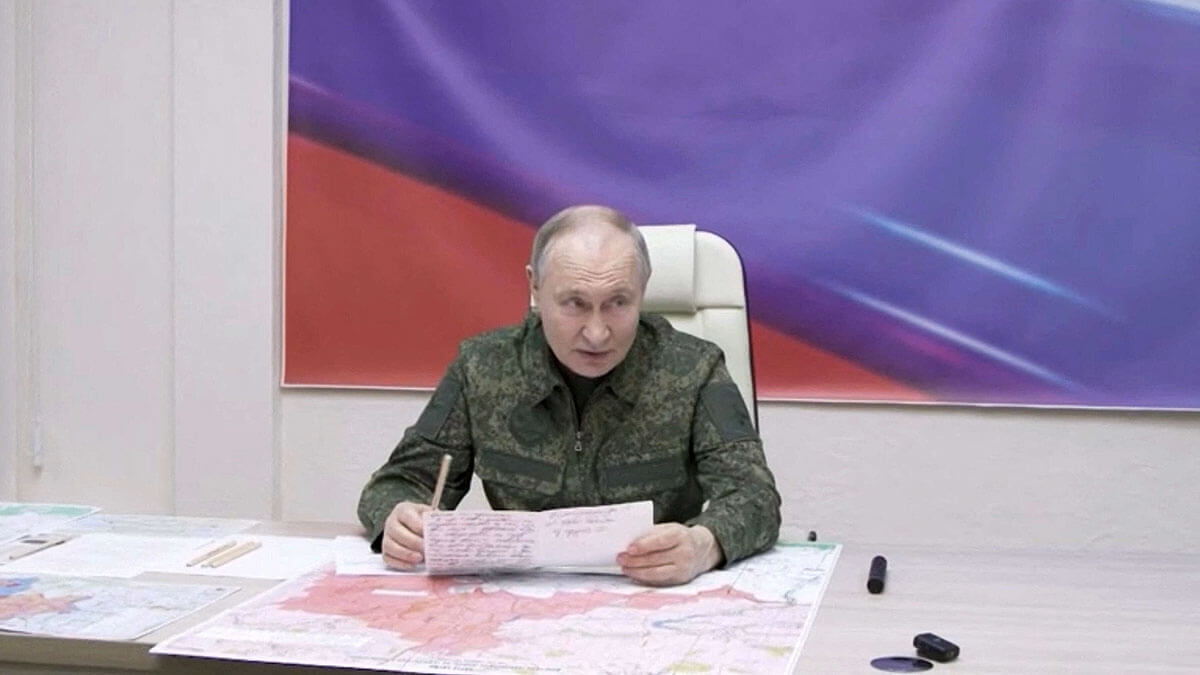
However, the rapprochement between Beijing and Tehran will generate some concern among regional powers, especially Saudi Arabia and the United Arab Emirates, who are closely watching the possibility of Iran acquiring modern military weapons that could pose a threat to Saudi and Emirati territorial integrity, as was the case with the attack on the US military base in Qatar. Meanwhile, the United States has warned that open military cooperation between Beijing and Tehran could have consequences for regional stability.
Despite this, both Iran and China seem determined to proceed cautiously, avoiding provoking a direct international response, but without renouncing their respective strategic objectives. In an increasingly volatile geopolitical landscape, this new alliance could consolidate China as a key player in the region's military future.

